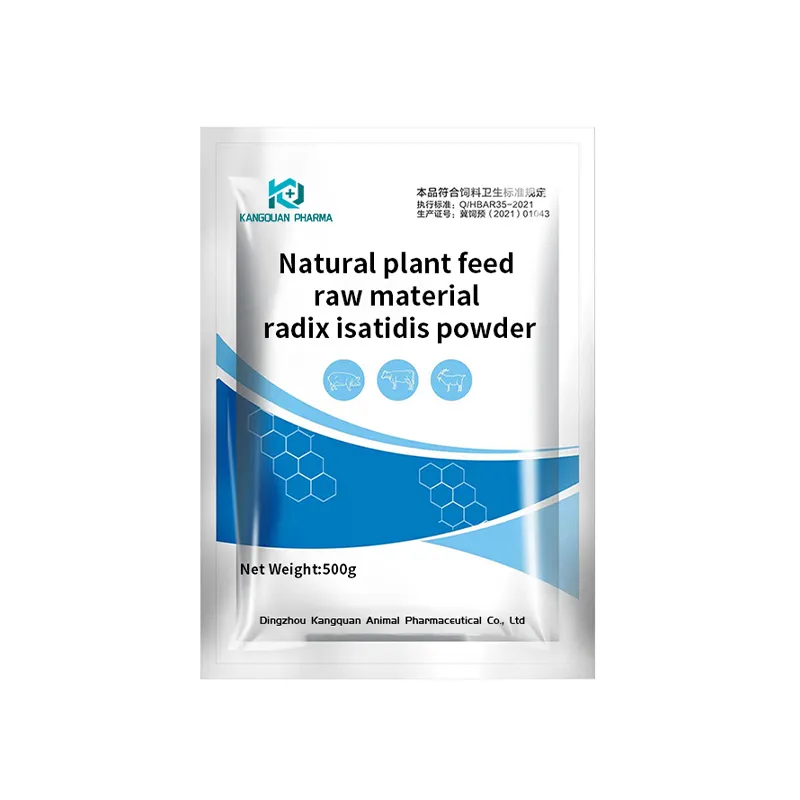- Afrikaans
- Albanian
- Amharic
- Arabic
- Armenian
- Azerbaijani
- Basque
- Belarusian
- Bengali
- Bosnian
- Bulgarian
- Catalan
- Cebuano
- Corsican
- Croatian
- Czech
- Danish
- Dutch
- English
- Esperanto
- Estonian
- Finnish
- French
- Frisian
- Galician
- Georgian
- German
- Greek
- Gujarati
- Haitian Creole
- hausa
- hawaiian
- Hebrew
- Hindi
- Miao
- Hungarian
- Icelandic
- igbo
- Indonesian
- irish
- Italian
- Japanese
- Javanese
- Kannada
- kazakh
- Khmer
- Rwandese
- Korean
- Kurdish
- Kyrgyz
- Lao
- Latin
- Latvian
- Lithuanian
- Luxembourgish
- Macedonian
- Malgashi
- Malay
- Malayalam
- Maltese
- Maori
- Marathi
- Mongolian
- Myanmar
- Nepali
- Norwegian
- Norwegian
- Occitan
- Pashto
- Persian
- Polish
- Portuguese
- Punjabi
- Romanian
- Russian
- Samoan
- Scottish Gaelic
- Serbian
- Sesotho
- Shona
- Sindhi
- Sinhala
- Slovak
- Slovenian
- Somali
- Spanish
- Sundanese
- Swahili
- Swedish
- Tagalog
- Tajik
- Tamil
- Tatar
- Telugu
- Thai
- Turkish
- Turkmen
- Ukrainian
- Urdu
- Uighur
- Uzbek
- Vietnamese
- Welsh
- Bantu
- Yiddish
- Yoruba
- Zulu
9 月 . 06, 2024 11:35 Back to list
Albendazole Suspension - Effective Treatment for Parasitic Infections
Albendazole Suspension An Overview
Albendazole suspension is an effective pharmaceutical formulation primarily used for the treatment of various parasitic infections. Albendazole, a broad-spectrum anthelmintic agent, belongs to the benzimidazole class of drugs and works by inhibiting the metabolism of carbohydrates in parasites, thereby leading to their death. The suspension form is particularly useful for pediatric patients or those who have difficulty swallowing pills.
Indications and Uses
This medication is commonly prescribed for the treatment of several parasitic infections, including but not limited to, neurocysticercosis (caused by the larval stage of the Taenia solium), hydatid disease, pinworm infections (Enterobius vermicularis), and hookworm infections. Clinicians often recommend albendazole suspension for conditions where immediate treatment and dosage flexibility are required. This is especially advantageous in younger patients or those with dysphagia.
Dosage and Administration
The specific dosage of albendazole suspension can vary based on the type of infection, patient age, and body weight. For typical infections, the recommended dosage ranges from 10 to 15 mg/kg per day, often divided into two doses. It is crucial to follow the prescribing physician's guidelines and complete the entire course of treatment to ensure the effective eradication of the parasites.
albendazol suspension

Albendazole suspension is usually taken with food, specifically fatty meals, which can enhance absorption. Patients are advised to shake the bottle well before use to ensure an even distribution of the medication within the suspension. This ensures that the appropriate amount of drug is delivered to the patient.
Side Effects and Precautions
While albendazole suspension is generally well tolerated, some patients may experience mild side effects. Common adverse effects include abdominal pain, nausea, vomiting, and headache. More severe reactions can occur, although they are rare. These may include symptoms indicative of liver dysfunction or allergic reactions, such as rash, itching, or difficulty breathing. It is essential for patients to inform their healthcare provider of any pre-existing conditions, particularly liver disease, as this may affect the drug's metabolism.
Pregnant and breastfeeding women should exercise caution when using albendazole, as it can potentially harm the developing fetus. Before starting treatment, discussing the risks and benefits with a healthcare provider is advised.
Conclusion
In summary, albendazole suspension is a vital medication in the battle against parasitic infections, offering a versatile and effective treatment option. Its formulation caters to patients who may find it challenging to consume solid forms of medication, ensuring broader accessibility to essential healthcare. As with all medications, careful adherence to dosing guidelines and monitoring for side effects will help patients achieve the best possible outcomes. With ongoing research and awareness, albendazole continues to play a critical role in public health, particularly in areas where parasitic infections are prevalent.
-
The Power of Radix Isatidis Extract for Your Health and Wellness
NewsOct.29,2024
-
Neomycin Sulfate Soluble Powder: A Versatile Solution for Pet Health
NewsOct.29,2024
-
Lincomycin Hydrochloride Soluble Powder – The Essential Solution
NewsOct.29,2024
-
Garamycin Gentamicin Sulfate for Effective Infection Control
NewsOct.29,2024
-
Doxycycline Hyclate Soluble Powder: Your Antibiotic Needs
NewsOct.29,2024
-
Tilmicosin Premix: The Ultimate Solution for Poultry Health
NewsOct.29,2024













